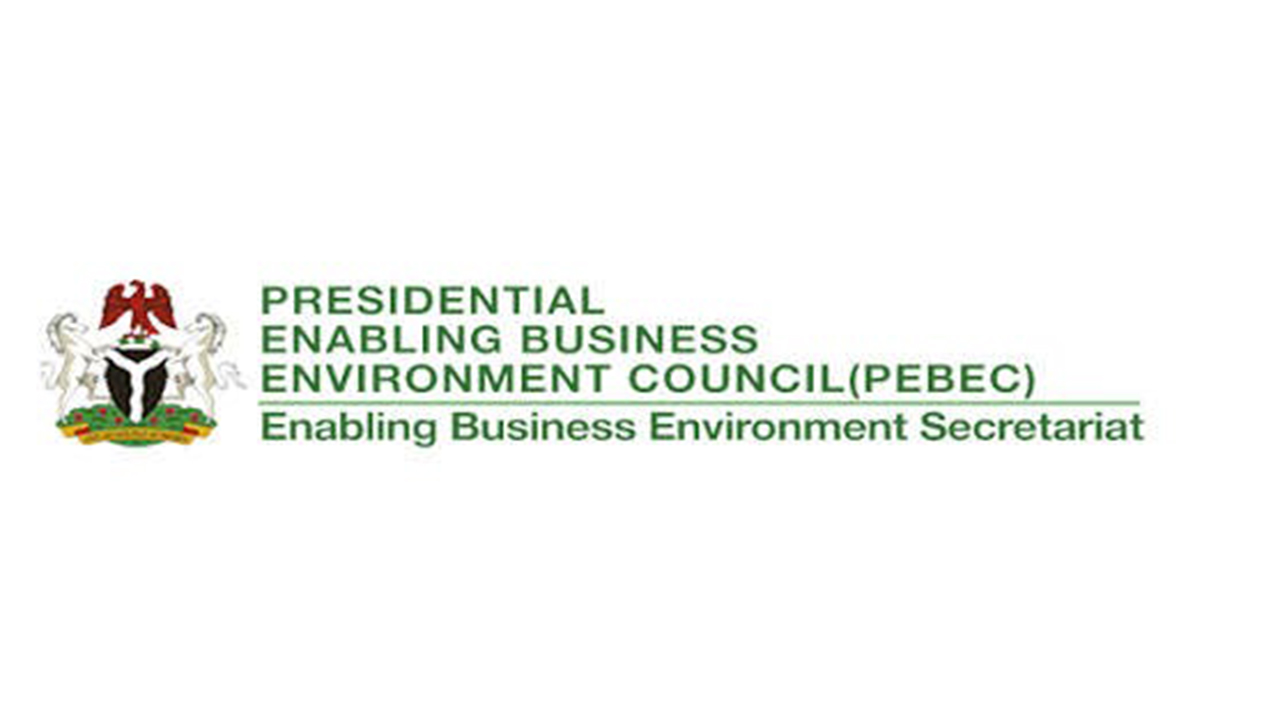
Following the outcry that greeted the decision of the Financial Reporting Council of Nigeria (FRCN) to impose dues on private entities as contained in its amended Act, the Presidential Enabling Business Environment Council (PEBEC) has called for calm as it works out plans to address the various concerns.
The FRCN Amendment Act 2023 expanded the definition of public interest entities (PIEs) to include various categories of private companies, concession entities, and privatized entities, imposing annual dues and levies ranging from a minimum of N5,000 to one million naira, depending on their annual turnover.
However, this did not sit well with operators in the sector, who cried out that such imposition of dues not only amounts to double taxation and is unjustified but is also capable of stifling their businesses.
One of the challenges businesses in Nigeria are facing is multiple taxation, which the proposed tax reform bills at the National Assembly are meant to address.
Before the amendment of the FRC Act, the FRCN’s regulatory oversight did not extend to all private companies, as it was limited to specific entities and transactions related to public funds and large public works contracts.
The Director General of the Nigeria Employers Consultative Association (NECA), Adewale-Smatt Oyerinde, who condemned the imposition of what he described as “outrageous” annual dues on private and non-quoted companies, warned that the move could cripple businesses and stifle economic growth.
READ ALSO:Tinubu appoints APC woman leader Zahrah as DG PEBEC
He said that at a time when the government is talking about easing the process of doing business and inviting investors into the country, it is contradictory to subject private non-quoted companies to multiple taxes, such as the FRCN annual dues.
Reacting to concerns expressed by the affected entities, the Director General of the Presidential Enabling Business Environment Council (PEBEC), Zahrah Audu, pledged that the council was working out modalities to address the issues raised by stakeholders.
She noted that recent amendments to the FRCN Act have expanded the definition of PIEs to include various categories of private companies, concession entities, and privatized entities.
According to the DG, “These changes aim to enhance transparency and accountability in financial reporting and strengthen corporate governance in Nigeria.
“However, issues have arisen regarding the payment of annual dues and fees by PIEs. The FRCN has introduced new payment dates and penalties for non-compliance, which may affect various stakeholders.”
She said that to address the concerns surrounding the FRCN’s recent amendments, the council is holding a series of stakeholder engagements. “These sessions,” she said, “are to foster open discussions and collaborative problem-solving among key stakeholders. We hope to find a meaningful solution for all parties shortly.”
She called on all parties to remain assured that PEBEC will continue to emulate best practices, ensuring Nigeria remains competitive and an attractive destination for businesses and investors.
“Our commitment to driving business reforms, improving the ease of doing business, and enhancing transparency and accountability remains unwavering,” she further assured.



